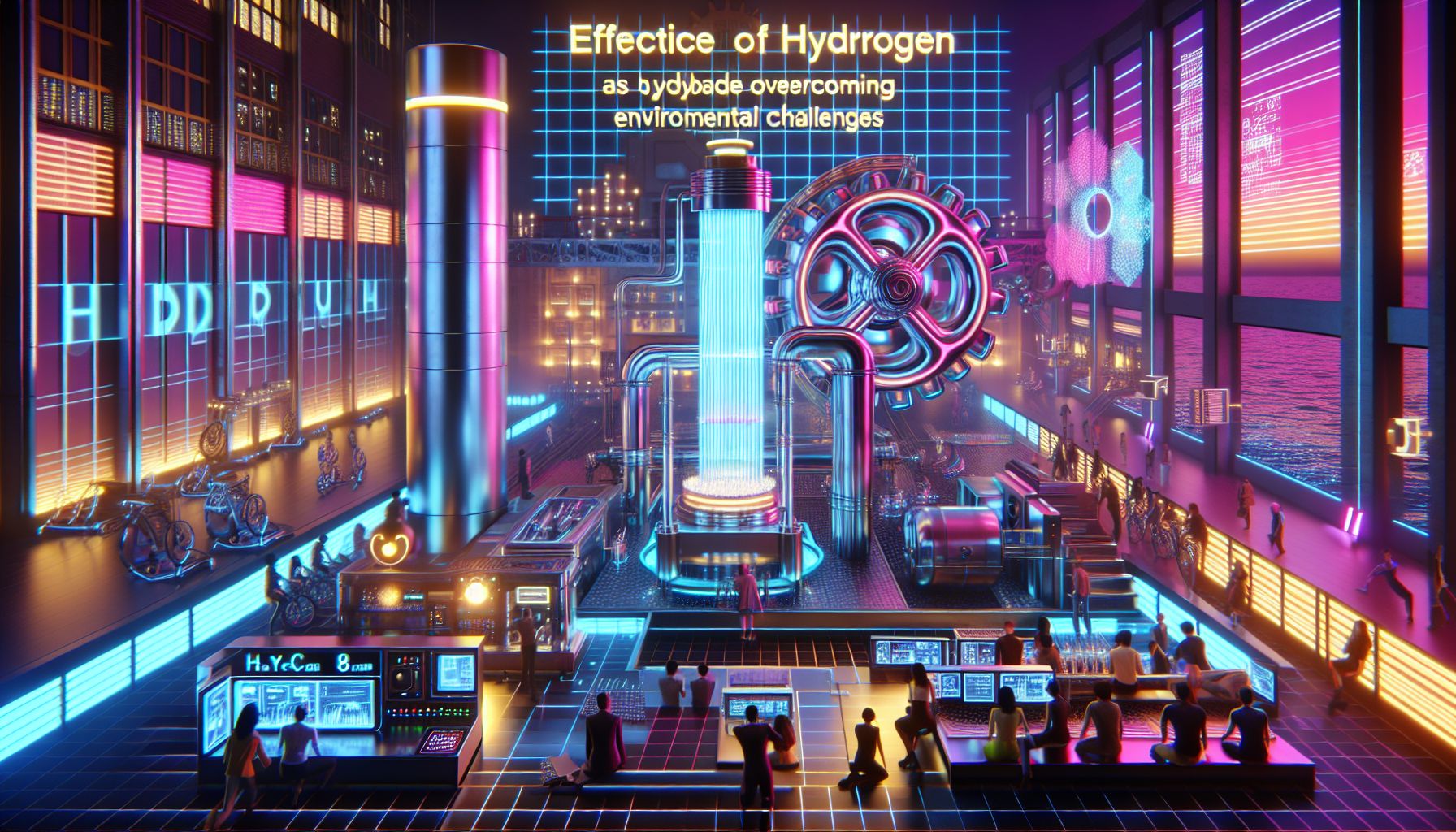Hydrogen: The Unsung Hero of Our Net-Zero Future

New York, Wednesday, 16 October 2024.
Columbia University’s latest research spotlights hydrogen as a game-changer in our race against climate change. This versatile element could be the key to decarbonising stubborn sectors like heavy industry and transport. But here’s the kicker: we need to act fast to harness its full potential.
The Hydrogen Revolution
Now, picture this: 61 countries have already published a national hydrogen strategy as of September 2024. That’s a big deal! Countries like Germany, France, and Japan are not just talking about it; they are actively implementing these strategies[1]. Hydrogen is being hailed as a potential low-carbon fuel for sectors that are notoriously hard to decarbonise, such as heavy industry and heavy-duty transportation[1]. It’s like finding a secret ingredient that can transform a challenging recipe into a gourmet dish.
A Global Shift in Energy Trade
The transition towards decarbonisation is expected to shift energy trade towards new commodities and technologies, including hydrogen[1]. Imagine energy trade evolving from fossil fuels to hydrogen, and how that would reshape global markets. This shift is not just theoretical. It’s happening as China aims for carbon neutrality by 2060, influencing its renewable ammonia market and hydrogen strategies[1]. That’s right, hydrogen is not just a buzzword; it’s a cornerstone of future energy systems.
Legal Landscapes and Challenges
But it’s not all sunshine and rainbows. The legal landscape for hydrogen deployment, particularly in terms of atmospheric methane removal, is a complex web without a specific framework[2]. This means that implementing hydrogen strategies involves navigating through various international and domestic laws, which can be as tricky as solving a Rubik’s cube blindfolded! However, this complexity doesn’t overshadow the urgency and potential of hydrogen in our decarbonisation efforts.
Economic Impacts and Innovations
Economically, the stakes are high. Hydrogen combustion is highlighted as the most viable option for industrial heat supply, yet it could increase wholesale prices significantly—by 10-50% for blue hydrogen and a whopping 200-800% for green hydrogen[3]. That’s a hefty price tag, but it’s also a call to innovate and find cost-effective solutions. New policies targeting heavy industry heat and decarbonisation are essential to make these transitions feasible[3]. It’s like being on the brink of a technological revolution, but needing the right push to leap forward.
The Road Ahead
As we forge ahead, the message from Columbia University is loud and clear: hydrogen is pivotal for our future energy landscape[4]. With the right strategies, investments, and international collaborations, hydrogen can indeed be the unsung hero of our net-zero future. But it’s a race against time, and we need to put the pedal to the metal. So, are we ready to embrace hydrogen and all its possibilities? The clock is ticking, and every second counts in this global race to decarbonise.
Bronnen
- www.energypolicy.columbia.edu
- scholarship.law.columbia.edu
- www.energypolicy.columbia.edu
- www.preprints.org